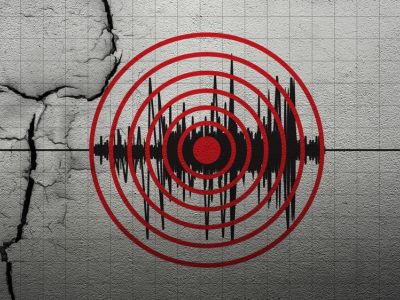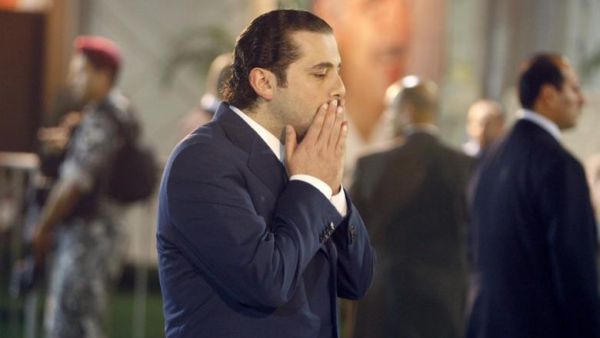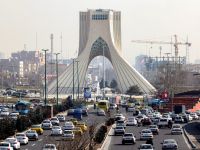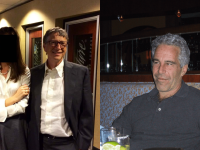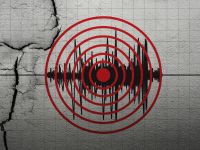By Wassim Mroueh
BEIRUT: Speaker Nabih Berri called on former Prime Minister Saad Hariri Sunday to return to Lebanon, as a Future Movement delegation discussed with the group’s leader in Jeddah their strategy on the National Dialogue and the Cabinet formation.
The delegation, comprising former Prime Minister and head of the Future bloc Fouad Siniora, and MPs Ahmad Fatfat and Nouhad Mashnouq, flew to Saudi Arabia and met with Hariri for talks on the group’s stance on a new round of National Dialogue and efforts to form a Cabinet. The delegation is expected to return to Lebanon Monday.
“Let former Prime Minister Hariri return to Beirut,” Berri told The Daily Star. “He says he is not doing so for security reasons, but there are March 14 leaders meeting at his residence. Let him return and stay at his residence, so that we can discuss with him the National Dialogue, efforts to form the Cabinet and everything else,” Berri added.
Hariri’s government was toppled in January 2011; he left the country the following April.
Berri also said that the Cabinet formation efforts were “complicated.”
“I made an initiative which they [March 14 officials] did not embrace. I said the March 8 coalition no longer exists, but no one believed me except for [Free Patriotic Movement] leader Michel Aoun,” the speaker said.
Earlier this month, Berri said the FPM had left the three-way alliance between it, Berri’s Amal Movement and Hezbollah, bringing an end to March 8 as a political entity.
He added that with the death of the alliance, its previous demand for veto power in Prime Minister-designate Tammam Salam’s government became meaningless. But the March 14 coalition and Salam dismissed Berri’s announcement as an attempt to secure more ministers for the alliance.
Berri said that a visit which his political aide caretaker Health Minister Ali Hasan Khalil paid to Salam last week had brought no results.
Salam still insists on granting eight ministerial posts for the March 8 coalition, another eight for the March 14 alliance and eight for centrists. His efforts to put together a government have been impeded by conditions and counter-conditions set by the March 8 and March 14 coalitions.
“I proposed that Amal and Hezbollah will have four Shiite ministers, President Michel Sleiman one Shiite minister and the Free Patriotic Movement and its allies four Christian ministers,” the speaker said.
Berri added that Dialogue sessions should resume without conditions.
“National Dialogue will bring positive results even if it does not resolve major disputed issues,” he said. “National Dialogue creates a positive atmosphere in the country.”
Berri praised Progressive Socialist Party leader Walid Jumblatt, saying if it hadn’t been for his opposition, Salam, backed by the March 14 coalition, would have formed a fait accompli government a long time ago.
In a speech Friday, Hezbollah Secretary-General Sayyed Hasan Nasrallah said his party was ready to attend National Dialogue sessions in order to discuss a national defense strategy to confront Israeli threats to Lebanon.
The last Dialogue session was chaired by Sleiman in September 2012, during which the president proposed his vision of a national defense strategy. The plan calls for placing Hezbollah’s arms under the command of the Army.
Delivering an address Saturday, Sleiman said he would push toward resuming the National Dialogue on the question of Hezbollah’s arms.
“[My effort will also focus on] bringing together again members of the National Dialogue committee to discuss in a responsible and serious manner the best means to serve Lebanon’s interests and manage its affairs,” he said during a speech at the Université Saint-Joseph graduation ceremony.
“[I will also work on] intensifying the process of consultations to form a new government that will preserve stability and resolve both the economic and social conditions as well as address the increasing number of Syrian refugees,” the president said.
Maronite Patriarch Beshara Rai expressed hope that Sleiman’s call for the resumption of Dialogue this year would be answered in order to pave the way for “national reconciliation.” Speaking during a sermon for St. Charbel’s Day that was attended by the president in Jbeil, Rai said a neutral Cabinet needed to be considered in the event current efforts to form the executive branch failed.
“We hope that when things get complicated a neutral government is [formed] and made up of prominent figures whose past and present are unrelated to any of the rival parties and who are committed to the neutrality of the ‘Baabda Declaration’ since there are people who are uncommitted to that neutrality,” Rai said.
For his part, Aoun expressed his readiness to attend talks called for by the president, but noted that previous National Dialogue sessions had no outcome.
“President Michel Sleiman demands the resumption of Dialogue. I support him and I will go to Dialogue,” Aoun said Saturday during an FPM dinner. “But Dialogue has been tried since 2006 and has brought no outcome because every [dialogue] attendee has his own plans and no one is looking for a solution.”
In separate remarks published by a local media outlet Sunday, the FPM leader warned of the worsening security situation in the country, urging rival politicians to hold talks in order to ease tensions.
Lebanese Forces leader Samir Geagea said that Nasrallah was in no position to call for National Dialogue while the Shiite party was so deeply involved in the Syrian conflict.
“With what nerve does Sayyed Nasrallah have to call for dialogue, while less than a year after the agreement on the Baabda Declaration ... Hezbollah fighters are taking part in battles across Syria?” Geagea said in a statement Saturday.


